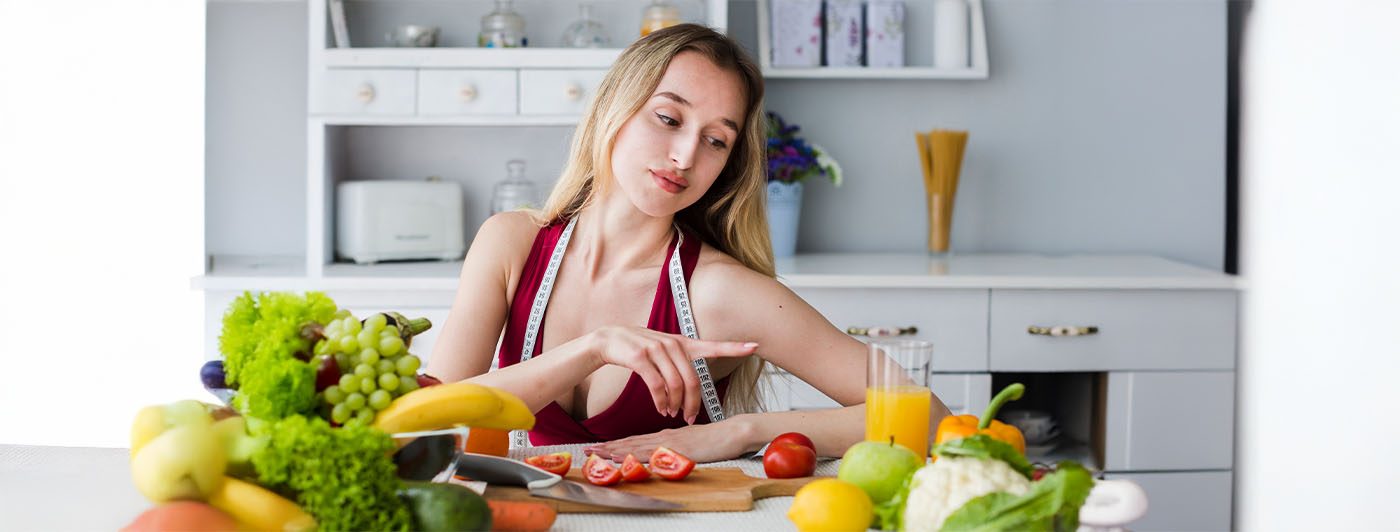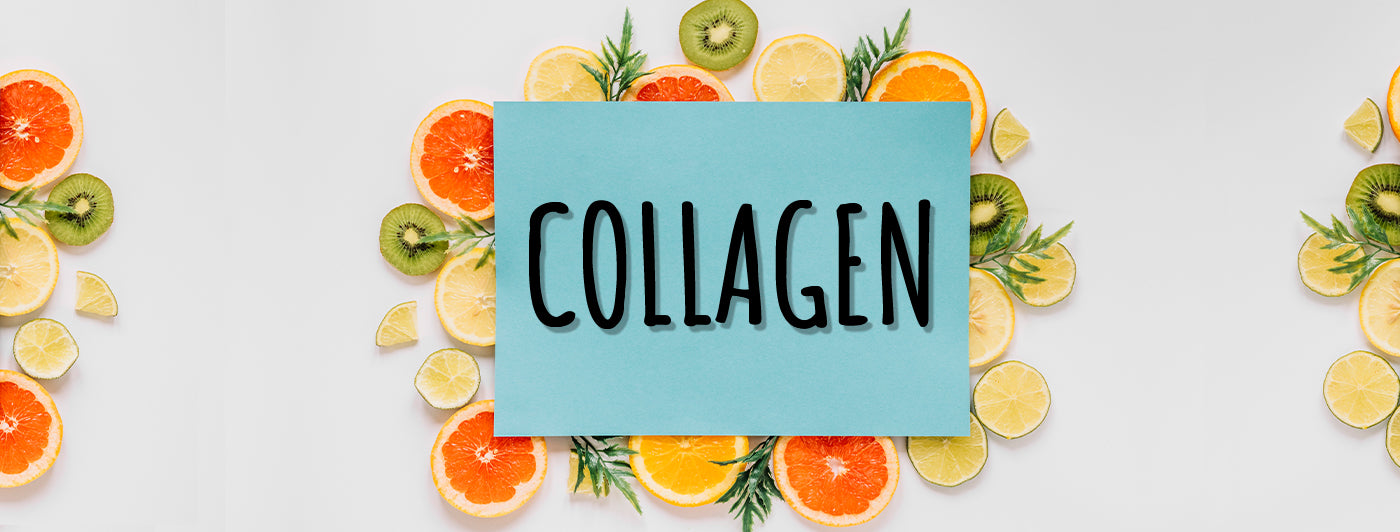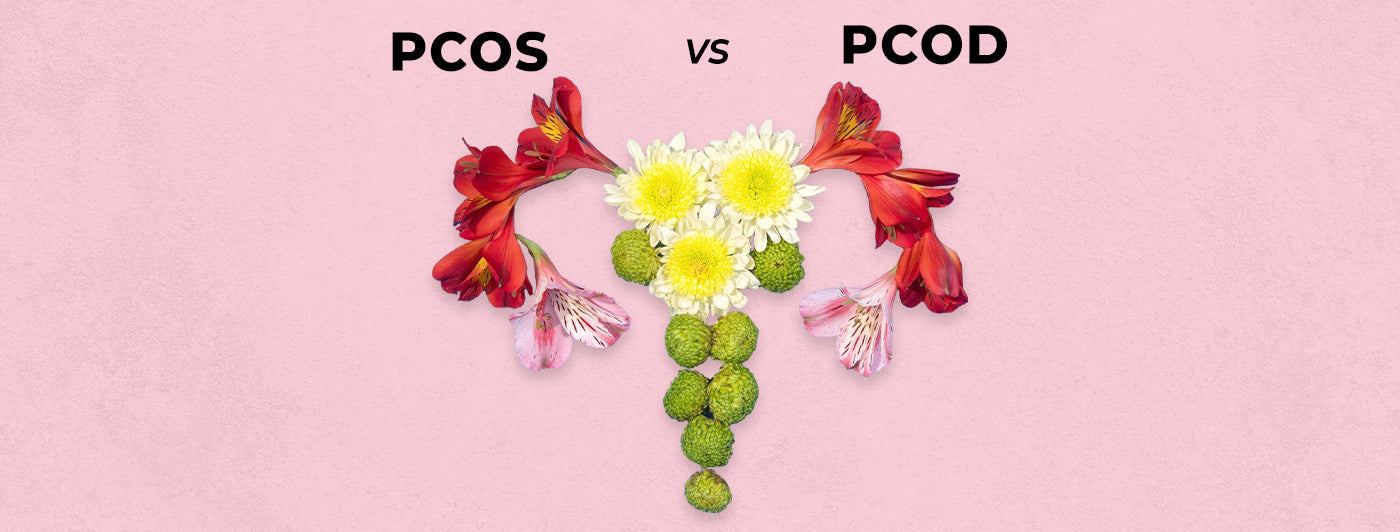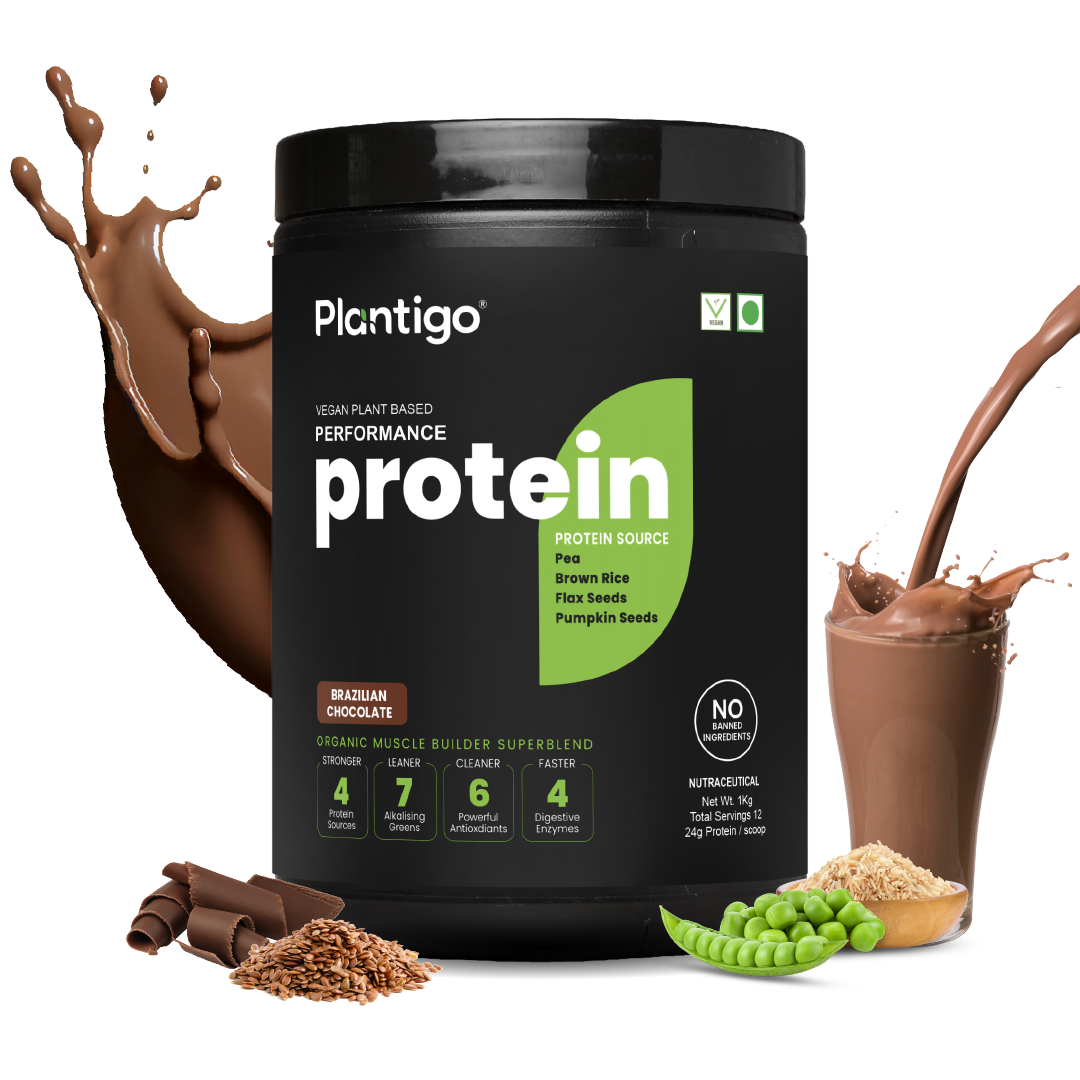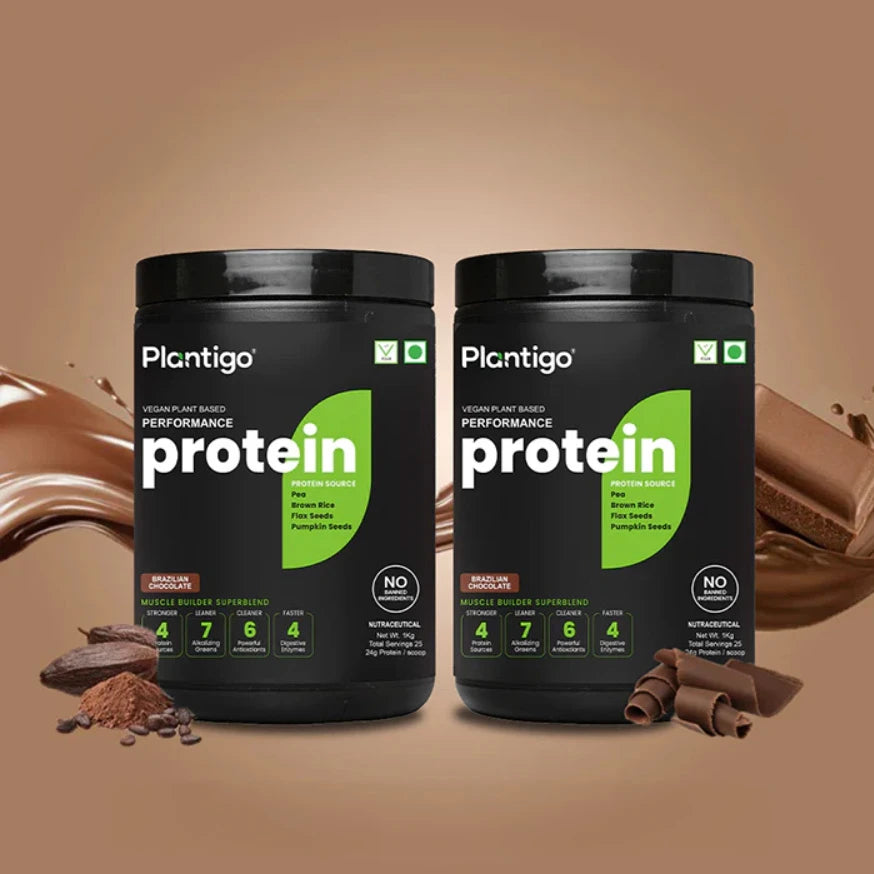Ever noticed how some people have naturally glowing skin and strong, shiny hair without fancy products? Their secret often lies in what they eat. Nutrients like biotin and plant protein play a powerful role in supporting healthy hair and radiant skin from within.
Known as the “beauty vitamin,” biotin (vitamin B7) helps convert food into energy and supports keratin production—the structural protein that forms your hair, skin, and nails. While biotin supplements are popular, the best (and most natural) way to get your daily dose is through Biotin Rich Foods.
In this article, we’ll explore the Top 10 Biotin Rich Foods that can enhance your hair and skin health while nourishing your entire body.
Top 10 Biotin Rich Foods
1. Eggs
Egg yolks are among the richest Biotin Rich Foods available. A single cooked egg provides approximately 10 micrograms of biotin, nearly one-third of the recommended daily intake. The biotin is concentrated in the yolk, so always eat the whole egg rather than just the whites.
Besides biotin, eggs are also packed with protein, vitamin D, and healthy fats that promote scalp nourishment and hair growth. The amino acids in eggs also serve as natural keratin protein food building blocks—helping strengthen hair strands from within.
2. Peas
Green peas are one of the most versatile Biotin Rich Foods—offering not just biotin, but also fiber, antioxidants, and plant-based protein. In fact, pea derivatives are now widely used in plant based protein powder formulations for athletes and fitness enthusiasts.
A small serving can also support muscle recovery, especially when consumed alongside complex carbs. Peas also provide folate and B-vitamins that assist in cell renewal—making them excellent for skin regeneration. This is where modern pea protein powder comes in handy, providing concentrated nutrition derived from the humble pea without additives or preservatives.
3. Almonds
Nuts, particularly almonds, are exceptional Biotin Rich Foods that also contain vitamin E, a vital antioxidant for skin repair. Just a handful of almonds can deliver 1.5 micrograms of biotin along with magnesium, zinc, and plant-based protein that enhance collagen formation.
Almonds also make a great snack for those on-the-go and can help stabilize blood sugar—important for maintaining hormonal balance that influences both hair and skin health.
4. Sweet Potatoes
Sweet potatoes are a must-have in any list of Biotin Rich Foods. They contain around 2.4 micrograms of biotin per 100 grams and are also high in beta-carotene, which the body converts into vitamin A—a nutrient that keeps your skin glowing and scalp healthy.
Pair roasted sweet potatoes with a dash of olive oil for better nutrient absorption, or blend them into smoothies for a nutrient-packed snack.
5. Sunflower Seeds
Sunflower seeds pack an impressive punch of nutrients. With roughly 2.5 micrograms of biotin per ¼ cup, they are one of the most compact Biotin Rich Foods for daily consumption. These seeds are also rich in vitamin B6, zinc, and copper—cofactors that work synergistically with biotin to support keratin production.
For extra benefits, sprinkle them over salads or mix them into your breakfast smoothie.
6. Spinach
Among vegetables, spinach stands out as one of the most underrated Biotin Rich Foods. One cup of cooked spinach contains around 0.5 micrograms of biotin, plus iron and folate—both crucial for oxygenating hair follicles and supporting new hair growth.
Spinach also falls under vegetables rich in vitamin C, which enhances collagen synthesis and protects skin from oxidative damage. Combine it with citrus or bell peppers to supercharge its effects.
7. Urad Dal
If you’re looking for a desi twist to your Biotin Rich Foods list, urad dal deserves a spot. It’s a great source of plant protein and biotin that supports hair regeneration. The urad dal protein per 100g is about 25 grams, making it a dual powerhouse for both biotin and protein.
Regular consumption helps in muscle recovery and improves overall hair texture, especially for vegetarians seeking non-animal sources of protein and biotin.
8. Avocado
Avocado is another stellar addition to Biotin Rich Foods, providing roughly 1.8 micrograms of biotin per 100 grams. It’s also loaded with omega-3 fatty acids, vitamin E, and antioxidants that hydrate skin and reduce inflammation.
Avocado toast or guacamole can be your go-to beauty food—delivering healthy fats that help retain moisture in your skin and scalp.
9. Mushrooms
Certain mushrooms, particularly button and shiitake varieties, are highly regarded Biotin Rich Foods, providing up to 10–15 micrograms per 100 grams when cooked. This makes them especially useful for vegetarians and vegans looking to boost biotin intake naturally.
They’re also low in calories, making them ideal for anyone tracking macros through a protein intake calculator or a fitness regimen that includes strength routines such as cable back exercises.
10. Oats
A comforting bowl of oats is not only good for digestion but also ranks among the most affordable Biotin Rich Foods. One cup of cooked oats can deliver up to 0.6 micrograms of biotin, along with beta-glucan fibers that promote gut health—an often overlooked factor in achieving clear skin.
Pairing oats with fruits like bananas provides added nutrition. You may wonder, how much protein in 1 banana? Roughly 1.3 grams, which, while modest, contributes valuable amino acids when combined with other plant proteins.
How Biotin Works for Hair and Skin
Biotin is an essential coenzyme for carboxylase enzymes that aid in fatty acid synthesis and amino acid metabolism. These metabolic functions directly affect the body’s ability to build keratin protein food, the foundation of healthy hair and skin.
A deficiency in biotin often manifests as thinning hair, brittle nails, and dull skin. Consuming Biotin Rich Foods regularly can help reverse these symptoms naturally over time.

Additionally, biotin helps regulate sebum production, reducing scalp dryness and preventing flakiness—two key contributors to hair loss. A scientific study reviewing 18 reported cases found that individuals with confirmed biotin deficiency showed noticeable improvement in hair and nail growth after biotin supplementation. However, it also emphasized that more large-scale studies are needed in healthy individuals, making natural dietary sources of biotin the most reliable and balanced approach.
How Much Biotin Do You Really Need?
The recommended daily intake (RDI) for biotin is around 30 micrograms for adults. A scientific study notes that the adult Adequate Intake (AI) is 30 mcg/day and, because biotin is water-soluble, excess is typically excreted in urine—supporting a safe, food-first approach. Since biotin is water-soluble, the body naturally clears any excess, making it safe to consume higher amounts through Biotin Rich Foods.
People who engage in regular workouts, use certain medications (like antibiotics), or follow restrictive diets may have increased biotin requirements. Incorporating food-based sources ensures a steady supply without the side effects associated with high-dose supplements.
Biotin and Protein
For visible results, biotin must work in tandem with adequate protein intake. Hair strands are made of nearly 95% keratin, a protein that requires both biotin and amino acids to form.
If your diet lacks sufficient protein—even with an abundance of Biotin Rich Foods—your hair may still appear lifeless. Combining biotin-rich items with natural plant protein sources such as lentils, quinoa, and legumes can create a synergistic effect for optimal results.
For those tracking macros or fitness progress, tools like a protein intake calculator can help you maintain a balance between biotin and total protein needs.
Fruits and Vegetables That Complement Biotin
While biotin plays a central role, pairing Biotin Rich Foods with nutrient-dense fruits and vegetables enhances results.
For example, vegetables rich in vitamin C such as bell peppers, kale, and broccoli improve collagen production, while fruits like mango and banana help restore glycogen levels. If you’re looking to gain healthy weight along with glowing skin, the best fruit for weight gain would be avocado or banana—both complement biotin metabolism beautifully.
Putting It All Together — Your Daily Biotin Meal Plan
Here’s how you can easily incorporate Biotin Rich Foods into your day:
-
Breakfast: Oatmeal topped with banana slices and almonds
-
Snack: A handful of sunflower seeds or a smoothie with spinach and avocado
-
Lunch: Urad dal with brown rice and sautéed mushrooms
-
Snack: Boiled eggs or roasted sweet potato wedges
-
Dinner: Pea protein–based soup with a salad loaded with green peas and citrus
This balanced approach ensures you get both macro- and micronutrients in harmony.
Final Thoughts
Beauty truly begins from within—and Biotin Rich Foods are nature’s most powerful, sustainable way to enhance your hair and skin health. Instead of relying solely on topical treatments, nourish your body from the inside with eggs, nuts, lentils, greens, and seeds that work synergistically to rebuild the keratin matrix of your hair and skin.
Pair these with proper hydration, regular workouts like cable back exercises, and balanced protein intake through Plantigo’s plant protein or other natural sources, and you’ll begin to see the transformation—not just in your skin and hair, but in your overall energy, confidence, and vitality.
Start today: make your meals biotin-rich, move your body, and fuel it clean. The glow you’re chasing doesn’t come from a bottle—it’s built from within.
Frequently Asked Questions
1. What are Biotin Rich Foods?
Biotin Rich Foods are natural foods high in vitamin B7 (biotin), such as eggs, almonds, sweet potatoes, spinach, peas, and mushrooms. These foods help support keratin production, which strengthens hair, skin, and nails.
2. Can Biotin Rich Foods really help hair growth?
Yes, biotin supports keratin synthesis and improves hair strength and texture. A scientific study found that people with biotin deficiency experienced visible improvements in hair and nail growth after biotin supplementation.
3. How much biotin do I need daily?
Adults need around 30 micrograms of biotin per day. This can easily be met through a balanced diet that includes Biotin Rich Foods like eggs, urad dal, almonds, and sweet potatoes.
4. Are Biotin Rich Foods better than supplements?
In most cases, yes. For healthy individuals, getting biotin naturally from food is safer and more balanced than supplements. Supplements mainly help when there’s a diagnosed deficiency.
5. What should I eat with Biotin Rich Foods for best results?
Pair Biotin Rich Foods with protein-rich sources like lentils, quinoa, or Plantigo’s plant protein, plus vegetables rich in vitamin C to boost absorption and support overall skin and hair health.

